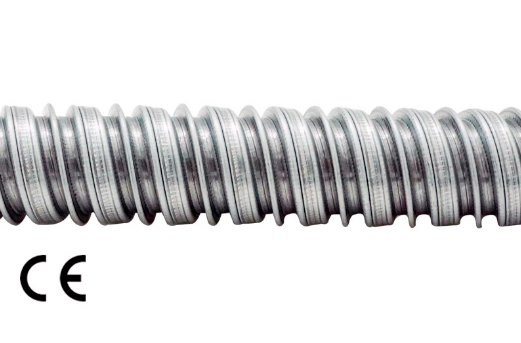What Is the Difference Between Flexible Metal Conduit and Metal Conduit?
Understanding the Differences: Flexible Metal Conduit vs. Metal Conduit
When it comes to electrical installations, choosing the right conduit is essential for safety and functionality. Two common options are Flexible Metal Conduit and Metal conduit. But what are the key distinctions between these two types of conduits?
Definition and Composition
Flexible Metal Conduit (FMC) is a type of conduit that is made up of coiled steel or aluminum, allowing it to bend easily without breaking. This flexibility makes it ideal for applications where movement or changes in direction are necessary. In contrast, traditional Metal conduit, often rigid, is constructed of thicker materials such as galvanized steel. It provides strong protection but lacks the versatility of its flexible counterpart.
Application Scenarios
The adaptability of  makes it suitable for installations where space is limited or where a snug fit is necessary. This is particularly advantageous in commercial spaces where multiple bends are needed to navigate around obstacles. On the other hand, metal conduits are typically used in environments that require a higher degree of protection, such as industrial settings or outdoor installations, due to their robust nature.
makes it suitable for installations where space is limited or where a snug fit is necessary. This is particularly advantageous in commercial spaces where multiple bends are needed to navigate around obstacles. On the other hand, metal conduits are typically used in environments that require a higher degree of protection, such as industrial settings or outdoor installations, due to their robust nature.
Protection and Safety
In terms of safety, both conduits offer significant protection for electrical wiring. However, FMC is particularly noted for its low fire hazard rating, making it an excellent choice for applications where fire safety is a primary concern. Meanwhile, traditional metal conduit excels in safeguarding against physical damage due to its durable structure.
Conclusion
In summary, the choice between Flexible Metal Conduit and Metal conduit hinges on the specific needs of your project. Whether you require flexibility or strength, understanding these distinctions will help you make an informed decision to enhance safety and efficiency in your electrical installations.
None

Comments